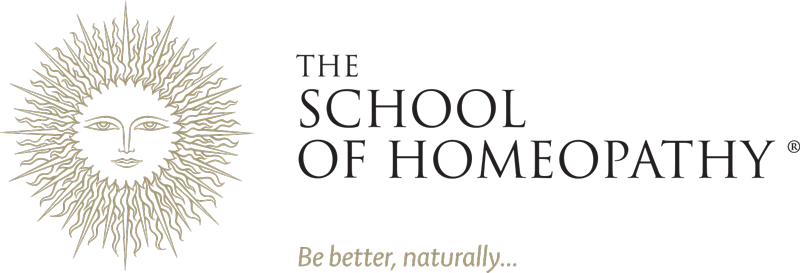Headaches are a common condition characterised by pain or discomfort in the head or upper neck area. They can vary in intensity, duration and location and may be accompanied by other symptoms such as sensitivity to light or sound, nausea or dizziness. Headaches can be caused by various factors, including stress, tension, sinus congestion, hormonal changes or certain medical conditions.
Homeopathy is a holistic system of medicine that works on the principle of “like cures like.” It uses highly diluted substances to stimulate the body’s own healing mechanisms. Homeopathic remedies can be effective in addressing anxiety by addressing the underlying causes and promoting overall wellbeing.
Here are seven commonly used homeopathic remedies for headaches:
1. Belladonna (Bell.)
Often indicated for sudden, intense headaches that come on rapidly. The pain is throbbing and the head may feel hot. The person may be sensitive to light, noise and jarring movements. Read more…
2. Bryonia alba (Bry.)
This is useful for headaches that worsen with movement and are aggravated by any kind of motion. The pain is typically sharp, bursting and splitting in nature. Pressure or lying in a quiet, dark room may provide some relief. Read more…
3. Gelsemium sempervirens (Gels.)
A remedy recommended for headaches associated with a heavy, dull sensation at the back of the head or neck or a feeling of a tight band around the head. The pain may extend to the forehead and feel better with rest and quiet. Read more…
4. Natrum muriaticum (Nat-m.)
Suitable for headaches triggered by emotional stress or grief. The pain is often located in the forehead or temples and may be throbbing in these areas â also sometimes described as feeling like many hammers are pounding inside. Read more…
5. Nux vomica (Nux-v.)
Indicated for headaches resulting from excessive mental or physical exertion, overindulgence in food or exposure to toxins. The pain is typically described as a pressing, constrictive sensation. Read more…
6. Pulsatilla nigricans (Puls.)
Recommended for headaches that are migratory in nature and shift from one side of the head to the other. The pain is often associated with weeping, sensitivity to heat and a desire for open air. Read more…
7. Sepia officinalis (Sep.)
Suitable for headaches accompanied by hormonal imbalances, such as those experienced during menstrual periods or menopause. The pain may be accompanied by irritability and a sense of emptiness or weakness. Read more…
Other natural ways to help alleviate headaches:
1. Hydration: Ensure you are adequately hydrated by drinking plenty of water throughout the day. Dehydration can contribute to headaches so aim to consume enough fluids.
2. Stress management: Practice stress-reducing techniques such as deep breathing, meditation or yoga to help alleviate tension and promote relaxation.
3. Regular sleep routine: Maintain a regular sleep schedule and aim for adequate rest. Poor sleep or irregular sleep patterns can trigger headaches in some individuals.
4. Healthy diet: Adopt a balanced diet rich in fruits, vegetables, whole grains and lean proteins. Avoid skipping meals, as low blood sugar levels can contribute to headaches.
5. Physical activity: Engage in regular physical activity, such as walking or jogging, to promote blood circulation and reduce muscle tension. However, avoid vigorous exercise during a headache episode.
6. Temperature therapy: Apply a cold or warm compress to the affected area, depending on what provides relief for you. Experiment with both methods to find which one helps alleviate your headache symptoms.
7. Limit triggers: Identify and avoid potential triggers that can contribute to your headaches, such as certain foods (e.g., processed meats, aged cheeses), strong odours, bright lights or loud noises.
It’s important to remember that persistent or severe headaches should be evaluated by a healthcare professional to rule out underlying medical conditions. If you experience severe symptoms, sudden onset of a severe headache or headaches that worsen over time, seek immediate medical attention.


